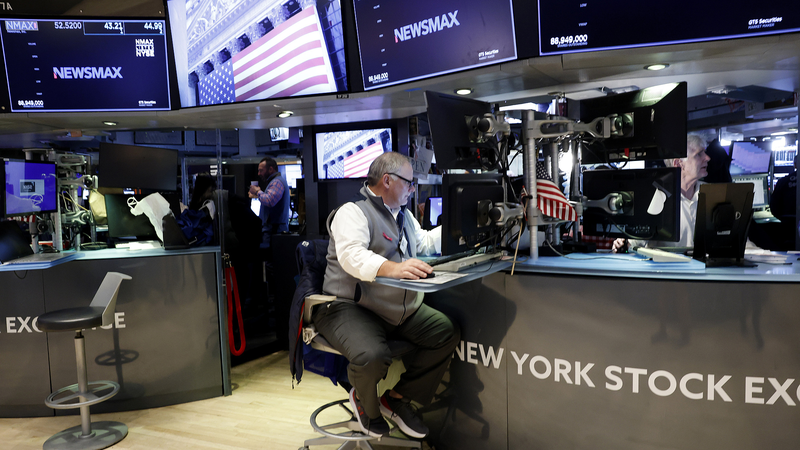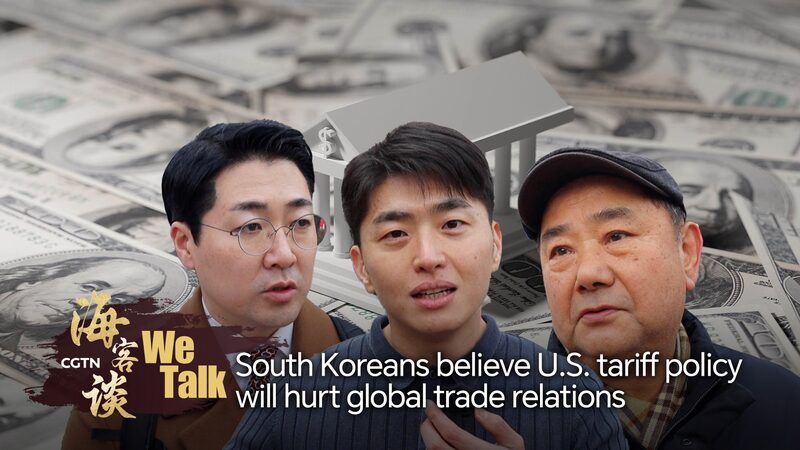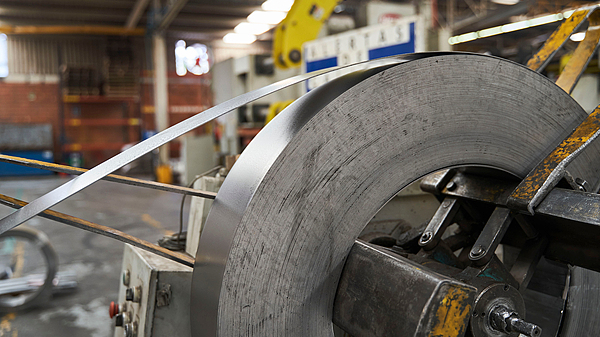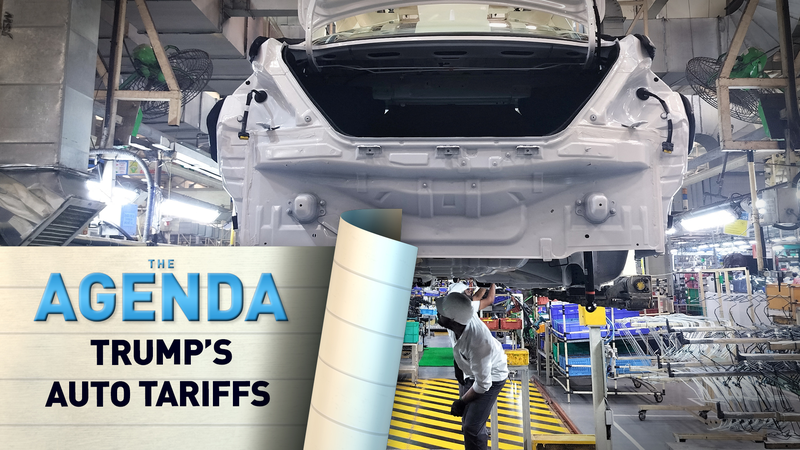America's Latest Tariff Move Sparks Global Concerns 🌐
U.S. President Donald Trump's new reciprocal tariffs, announced this week, have sent shockwaves through global markets. The policy imposes a 10% baseline tariff on all imports, with China facing 34%, the EU 20%, and Japan 24%. Even foreign cars and auto parts are hit with a 25% duty. While framed as 'fairness,' experts warn this could deepen trade tensions and hurt economies worldwide.
A Domino Effect on Global Supply Chains ⚙️
The tariffs threaten U.S. agricultural exports like soybeans and corn, while manufacturers brace for higher costs on steel, aluminum, and automotive parts. Tech companies relying on global supply chains could see production costs soar. But it's not just the U.S.—global businesses dependent on American goods may face inflation spikes, creating a ripple effect from Nairobi to Tokyo.
Retaliation Looms as Tensions Escalate ⚔️
The EU has already drafted countermeasures targeting iconic U.S. products like bourbon and Levi's jeans—a playbook from past trade wars. When similar tariffs were introduced in 2018, Harley-Davidson shifted production overseas to avoid losses. Will companies now follow suit? 🏍️ Analysts fear prolonged disputes could destabilize markets, affecting jobs and prices worldwide.
Are Tariffs Really 'Liberation' for the U.S.? 🇺🇸
While the policy claims to boost domestic industries, critics argue it risks isolating America. "Reciprocal tariffs sound fair, but they're a double-edged sword," says economist Stephen Ndegwa. With global trade accounting for over 60% of GDP in many nations, this move could leave everyone a little poorer. 🌾🔌
Reference(s):
cgtn.com








